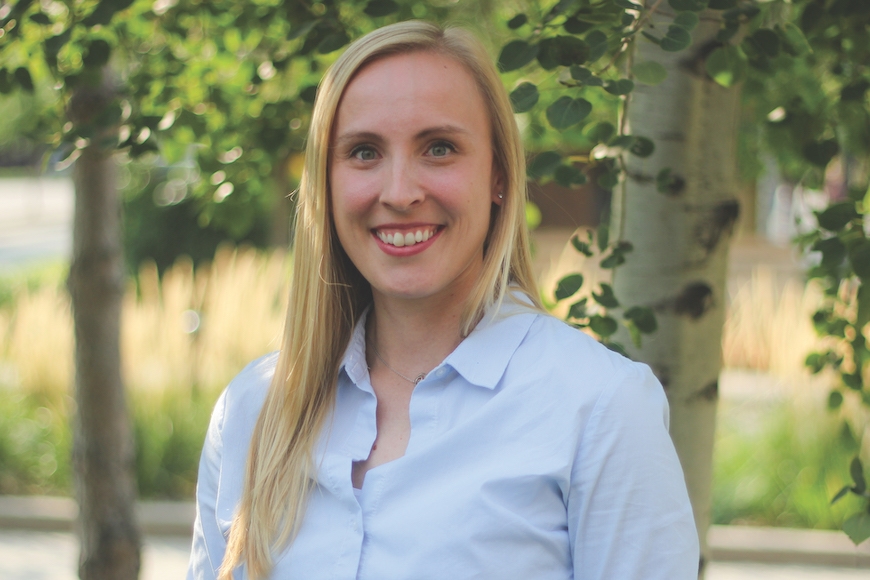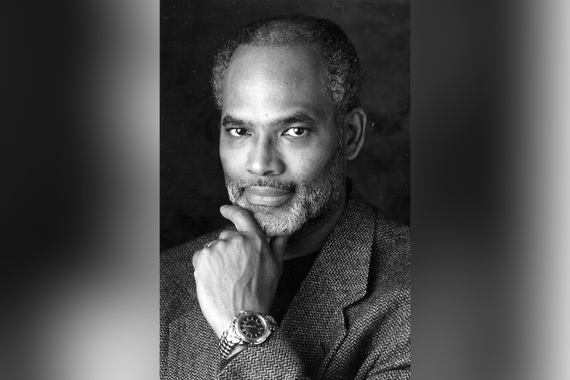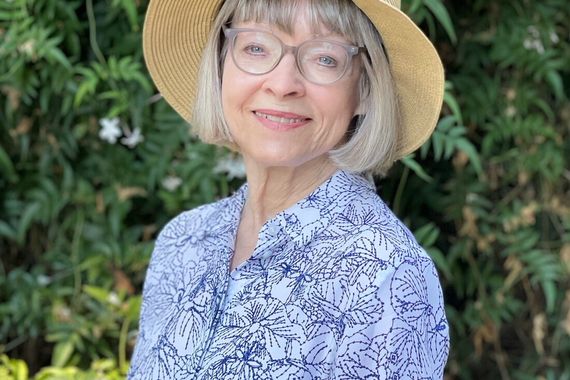A Ripple Effect for Professors
It only takes changing one assignment in one course to propel a transformation in teaching and learning.
This is the premise of a faculty fellows program that opens up space and time for CLA instructors to think about how to make their pedagogical intent more obvious to their undergraduate students. Because, as Molly Kessler puts it, “just leaving an implicit breadcrumb trail for them to put it all together on their own won’t guarantee students realize the relevance of their CLA learning to their careers and lives.”
As a Career Readiness Teaching Fellow, Kessler joined a cohort of CLA faculty with a challenge—boost their students’ development of two core career competencies by making a single change to a portion of one of their courses. Kessler, who is an associate professor of writing studies specializing in the rhetoric of health and medicine, chose the final assignment of her course WRIT 4664 - Science, Medicine, and Health Writing. “My interest was to explore the intersection of the Engaging Diversity competency with the Oral & Written Communication competency,” Kessler explains.
“The course included readings on topics such as representation and discrimination in clinical trials and Indigenous approaches to the scientific process,” notes Kessler, “but discussing these concepts wasn’t necessarily leading to changes in the way students write.”
A change that brought the "breadcrumbs" together
Her final assignment had always been to produce something such as an infographic, podcast, or editorial-style article for a public audience. Kessler made her change this final assignment. Now each student would pick a specific community and adapt their writing to respond to and align with that community’s values. For example, one student wrote information about COVID vaccines for a Hmong-immigrant audience; another created a website to provide resources about maternal health for Black expecting mothers. Kessler explains, “This change to the assignment not only helped students connect the Engaging Diversity competency to Oral and Written Communication, but it also helped them practice writing in ethical and meaningful ways.”
Single changes such as this subsequently ripple throughout all of the faculty fellows’ assignments and courses, creating clarity for students about the competencies they are developing. “We’re creating an interconnected and consistent discourse of relevance across the entire college,” says Kessler. “Our students can feel this, and they appreciate it.”



